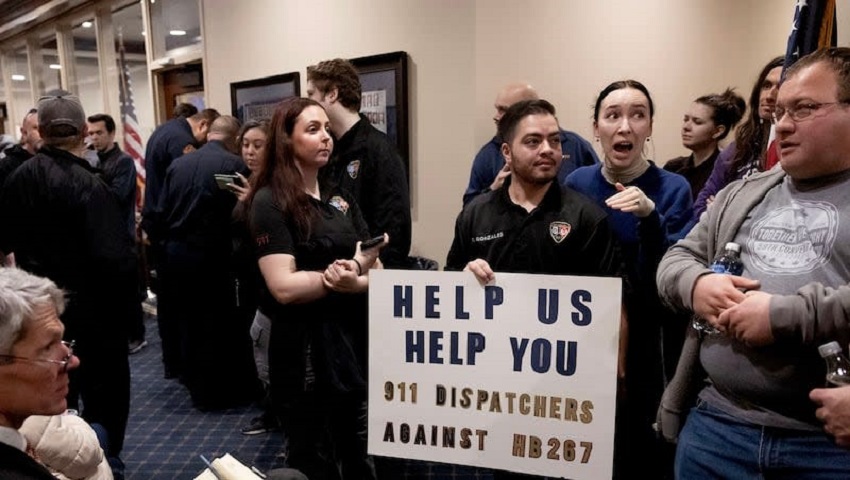Ogden, UT — A contentious bill aiming to limit or eliminate collective bargaining rights for public sector labor unions remains on hold, with Utah Senate leaders uncertain about when it will be revisited.
House Bill 267, titled “Public Sector Labor Union Amendments,” passed its second reading in the Senate last week but was temporarily postponed on Friday after public backlash and ongoing concerns from lawmakers. Originally, the bill sought to bar public sector unions from engaging in collective bargaining, but a substitute version of the bill was proposed, allowing bargaining under specific conditions. Under the revised proposal, unions could continue to negotiate if a simple majority of the employee class voted in favor of union representation.
Senate Majority Leader Kirk Cullimore noted that the delay gives senators and the public more time to review the substitute bill. However, on Monday, the bill remained in limbo, with Cullimore saying there was still uncertainty over when a vote might take place. “There’s a lot of work going on right now trying to figure out where everybody’s at. It may take a day, it may take a couple days, I don’t know,” he said.
The delay comes amid reports of mixed reactions and confusion regarding the revised version of the bill. Senate President J. Stuart Adams acknowledged the ongoing uncertainty, stating, “We came up with a good substitute and I’m trying to figure out if there’s support for that or not.”
Lawmakers are grappling with how to proceed as they try to gauge the level of support for the compromise. If it becomes clear that there is insufficient backing for the substitute bill, the Senate may vote on the original version, which would impose stricter limitations on public sector unions.
The public sector labor union bill has sparked widespread debate in Utah, with labor advocates expressing concerns over the potential erosion of workers’ rights, while supporters argue that changes are necessary to ensure accountability and fairness in public sector negotiations. As the bill’s future remains unclear, both sides continue to monitor developments closely.

